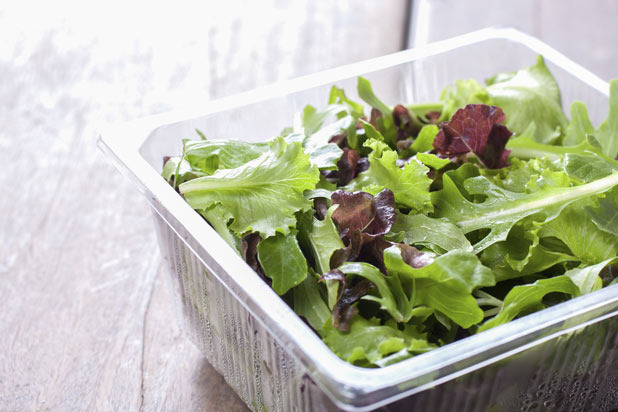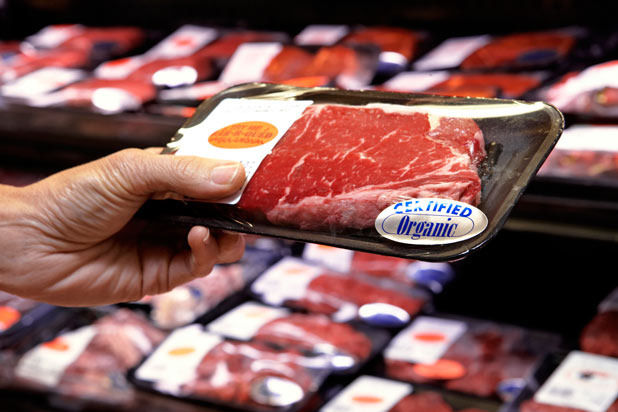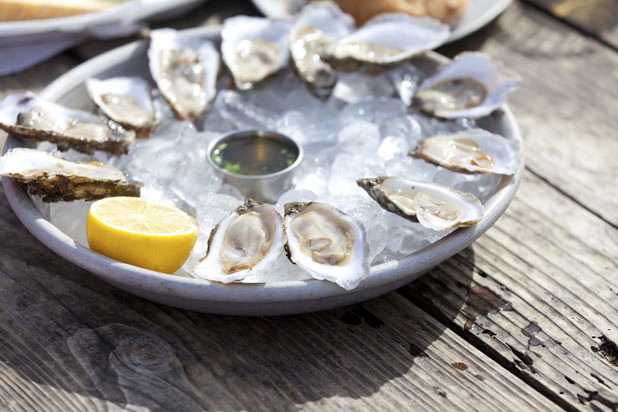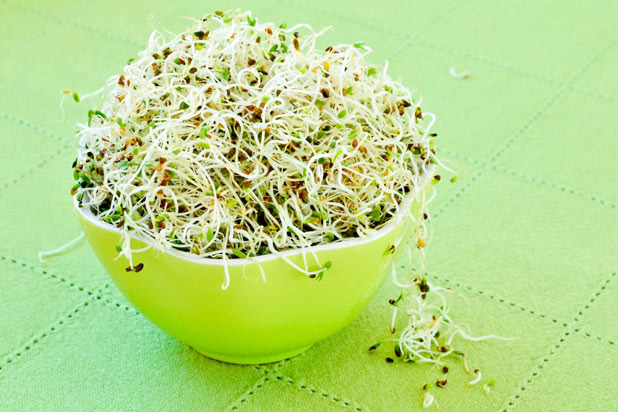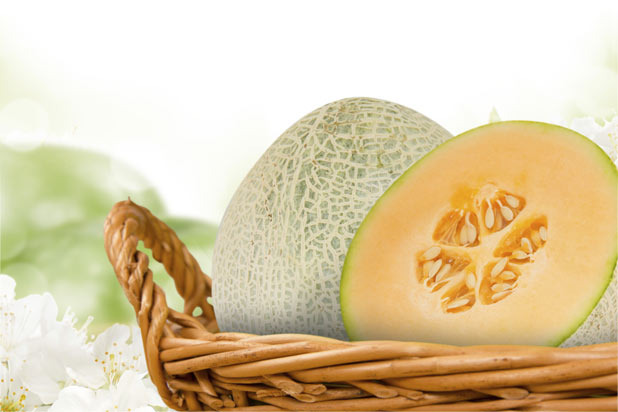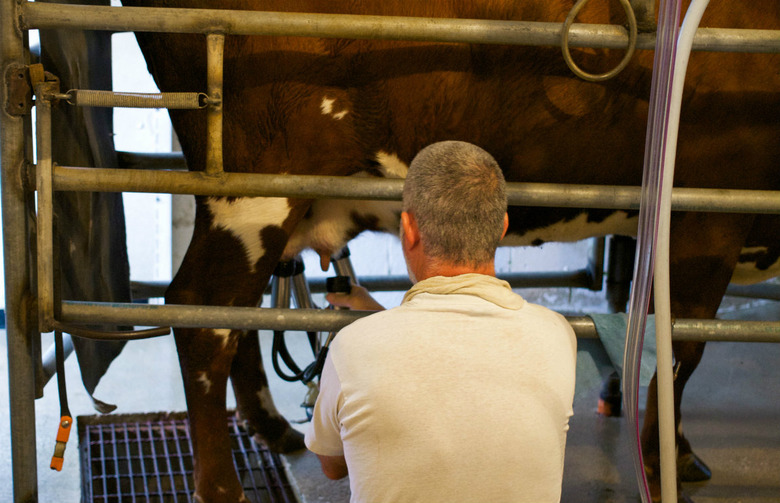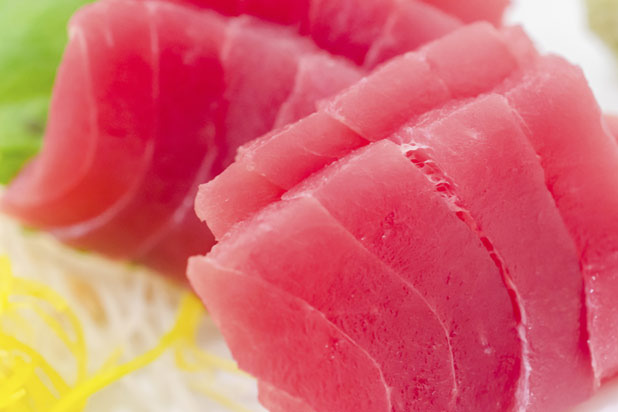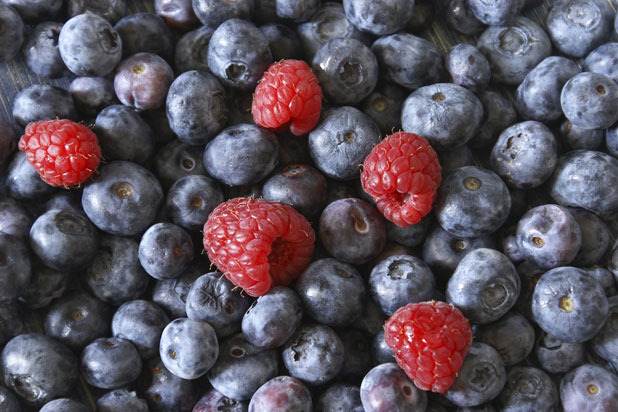9 Foods Most Likely To Cause Food Poisoning (Slideshow)
Because they're uncooked and eaten by so many, leafy greens are one the most common food poisoning culprits, accounting for 8,836 reported cases of food-borne illness between 1998 and 2008, according to the CDC. Always make sure that vegetables are washed thoroughly before they're eaten.
Raw Eggs
The risk of ingesting salmonella from raw eggs might be lower than it used to be, but there have still been more than 11,000 egg-related cases in recent years. Salmonella contaminates eggs before they're even hatched, and is impossible to detect, so while those sunny side-up eggs might look tempting, opt for scrambled instead if you want to be safe.
Meat
You might be thinking that ground beef is the most common cause of meat-related food poisoning, but it's actually chicken that's the worst offender, resulting in nearly 7,000 illnesses, according the SCPI (ground beef is in second place). A good rule of thumb is to treat any raw meat as if it's poisonous, and be sure to thoroughly clean everything that comes in contact with it. And don't rinse off your raw chicken before you cook it; that doesn't accomplish anything except splashing bacteria everywhere.
Oysters and Raw Shellfish
Oysters and clams are pulled right out of the water (sometimes in less than savory conditions) and are eaten raw, so obviously they're a little risky. Always smell oysters and other raw shellfish before you eat it; if it smells like anything other than the sea, toss it. Also, always make sure that they're from a reputable source.
Sprouts
Sprouts are one of the most difficult vegetables to thoroughly clean, and they also grow in warm, wet conditions — the perfect breeding ground for bacteria. Most experts agree that you'd be smart to just steer clear of them entirely.
Cantaloupe
Believe it or not, melons, and cantaloupes in particular, are a common source of food poisoning, because they're usually not washed before being eaten. Bacteria can be transmitted to the edible part by the knife as it cuts through the rind, and if you're eating a wedge with your hands it's also difficult to avoid the rind. Use a stiff brush and water to scrub it clean before eating.
Raw Milk
You don't encounter raw milk too often outside of the farm, but we'd strongly advise against drinking any if you're offered. Because it's unpasteurized, you take the same risks drinking raw milk as you would by eating raw meat. This risk is an especially easy one to overcome: only drink pasteurized milk!
Tuna
All fish needs to be kept very cold from the second it comes out of the water to when it hits the pan, and tuna in particular is especially susceptible to scombrotoxin, which can cause serious cramps and headaches, if it's stored above 60 degrees Fahrenheit. When you buy fresh fish, make sure it makes its way into your refrigerator immediately.
Berries
When you're out picking fresh berries, it's always wise to wash them before eating them, but frozen berries have also contributed to several outbreaks, including a 2013 hepatitis A scare. Don't forget to wash frozen berries too!
